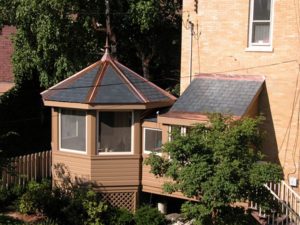You can consult the following chart to discover the slope factor and hip valley factor.
Roof cut factor.
The length of the rafters can also be determined while determining the slope.
A a roof with a 6 rise for every 12 run has a 6 per foot or 6 in 12 pitch.
Knowing how to make this calculation will make your roof construction project easier and will ensure the safety and success of your roofing project once completed.
This roof slope factor table also consists of hip and valley factors to measure the possible hips and valleys.
For roof slopes expressed as x in 12 rise in run the roof pitch multiplier is determined by finding the square root of rise run 1.
Hip roof framing rafter cut angle template diagram if using a circular saw or compound miter saw set saw bevel angle to 45 to obtain creeper and hip side angles.
An angle cut is a very common cut needed for constructing rafters for any roof.
Roof pitch or slope is a measure of vertical rise to horizontal run expressed in inches per foot.
Multi level complex roofs are difficult to estimate.
That s 500 to 600 variance on the estimate.
This way the pitch of the roof and the slope of the roof can be measured.
Two most common methods 4 12 or 4 12 are used for marking the pitch of a roof.
This measurement is best done on a bare roof because curled up roofing shingles will impair your measurement.
The combination of two numbers are used to display or show the roof pitch.
Note the word large wasn t included.
Download the slope chart pdf.
A roof pitch multiplier also called a roof pitch factor is a number that is multiplied by the area covered by a sloped roof to produce the area of the actual surface of the roof.
Hip and valley factor rafter length in decimal feet.
A 7 5 variance of waste on a 30 square roof would be 2 33 squares.
The picture below shows the pitch of a 7 12 roof slope meaning that for 12 of horizontal measurement roof run the vertical measurement roof rise is 7.
On blue prints architects engineers usually display the pitch of a roof in the format shown on the image where number 4 represents a rise and number 12 represents a length.
That s because it is the smaller cut up hip roofs that can often have the highest waste percentage.
With the saw bevel angle set to 45 cutting hips and creepers at the plumb cut angle will produce correct side angles.
Pitch of roof slope factor valley hip factor.
The higher the slope the steeper it is.

